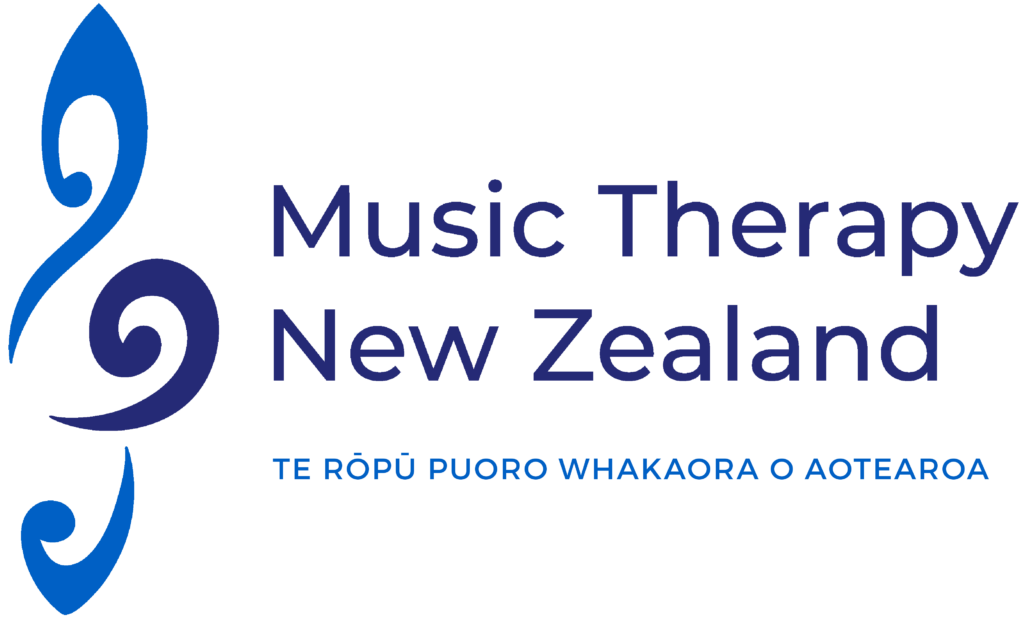Registered music therapist DEVIN BROOKS explains how music therapy “reaches into the corners of the brain”, and can have a transformative impact on children, adults and whānau. By KATE BARBER.
Beyond merely providing pleasure or transporting us to a different time and place, music can change the brain, and impact positively on our lives, and those of our children.
Devin Brooks radiates passion and warmth as he speaks of his work with Stand Tu Māia and the Stand for Children’s services, using music therapy to support children who’ve experienced significant complex trauma.
“My job is to support these children to feel safe in the world, to build positive and trusting relationships, to feel loved and cared for, and to support them to regulate and express their thoughts and emotions. We aim to transform their trauma experiences so that they can grow up to be strong and resilient adults, living positive and fulfilling lives,” says Devin.
Through the purposeful use of music, Devin can help change children’s threat arousal states, because, he explains, music can reach the brain’s natural alarm system, the amygdala gland.
“One cannot reason with someone through words to snap out of a fight, flight or freeze response, but music is able to reach and co-regulate an individual to a more regulated and calmer state,” states Devin.
Devin explains that “neuroplasticity” means that our brains can keep learning and adapting, and that, “these experiences of co-regulation and feeling safe can effectively rewire the brain’s responses to threat”.
If music has this capacity to “reach into the corners of the brain” and, potentially, to alter how it is wired, then music therapy offers evidence-based therapeutic support to many different groups of people: those recovering from brain injury, or conditions such as Parkinson’s disease, and those with intellectual disabilities or mental illness.
When it comes to our children, Devin explains that there is significant research showing the effectiveness of music therapy in supporting children with Autism Spectrum Disorder and Attention Deficit Hyperactivity Disorder (ADHD), as well as mental health and wellbeing issues, and communication and social challenges. Music therapy is also being used to support positive parent/whānau relationships.
“Music therapy has the ability to bypass cultural, intellectual, physical and emotional barriers, and reach people in such engaging, positive and meaningful ways,” states Devin.


